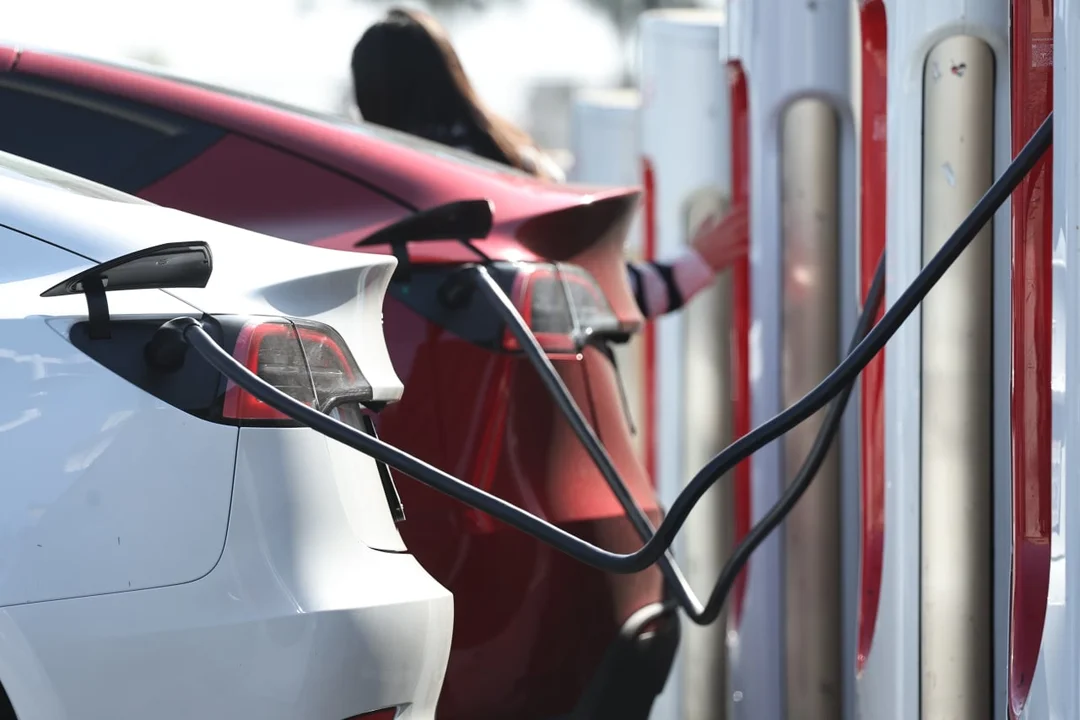
Is Congress Ready to Reverse California’s Electric Vehicle Revolution?
In a mounting political showdown, Congress is poised to challenge California's ambitious electric vehicle (EV) mandates, raising questions about consumer choice, environmental policy, and national energy systems. As lawmakers prepare to vote on key resolutions, the debate highlights tensions between state innovation and federal oversight, potentially reshaping how Americans drive in the years ahead.
The core of this controversy lies in three Congressional Review Act (CRA) resolutions expected to be voted on this week in the House. H.J. Res. 87 targets California's "Omnibus" rule, while H.J. Res. 88 and H.J. Res. 89 aim to overturn waivers for the state's Advanced Clean Cars II and Advanced Clean Trucks programs, respectively. These waivers, granted by the Biden administration's Environmental Protection Agency (EPA), allow California to enforce a ban on new gas-powered car sales by 2035, mandating EVs as the primary option. Critics argue this isn't just a California issue; under Section 177 of the Clean Air Act, 11 other states and Washington, D.C., have adopted similar standards, amplifying the potential nationwide impact.
Advocates for repealing these waivers, such as those at the Competitive Enterprise Institute, emphasize the burdens on everyday Americans. EVs, while environmentally promising, come with significant drawbacks. They are often prohibitively expensive, potentially pricing out low-income families who rely on affordable transportation for essentials like school, work, and medical appointments. As Michael Shellenberger, co-founder of the Breakthrough Institute, aptly noted, "We didn't get jet planes by banning propeller planes." This quote underscores a broader concern: forcing EVs into the market may stifle innovation rather than encourage it, as manufacturers won't feel pressured to improve EV technology if competition is eliminated.
Moreover, the push for widespread EV adoption could strain the nation's electrical grid. California has already experienced blackouts, and an influx of EV charging demands—coupled with rising energy needs from AI data centers—could exacerbate these issues. Imagine a scenario where a wildfire strikes, and residents are left without power, unable to access emergency updates or evacuate safely. Opinion pieces, like one from Dow Jones, echo these sentiments, warning that such mandates distort the marketplace, inflate vehicle prices, and limit consumer options. Auto makers have even voiced concerns in letters to Congress, stating that these rules could reduce overall vehicle availability to meet EV quotas, ultimately depressing economic activity.
In comparison to other environmental policies, California's approach represents a bold but controversial step toward combating climate change. While EVs reduce emissions, the lack of consideration for accessibility and infrastructure readiness raises valid questions about equity and practicality. This resolution debate pits environmental goals against economic realities, forcing a reevaluation of how federal and state powers intersect in regulating daily life.
Ultimately, the outcome of these votes could signal a shift in U.S. policy, determining whether innovation thrives through choice or mandates. As Congress deliberates, the implications extend far beyond California, touching on America's energy future and consumer freedoms. What do you think—should federal intervention curb state-led EV pushes, or is this a necessary step for sustainability?
We invite you to share your views in the comments below. How might these changes affect your daily life, and do you support overturning these waivers? Your insights could spark important conversations on this pressing issue.